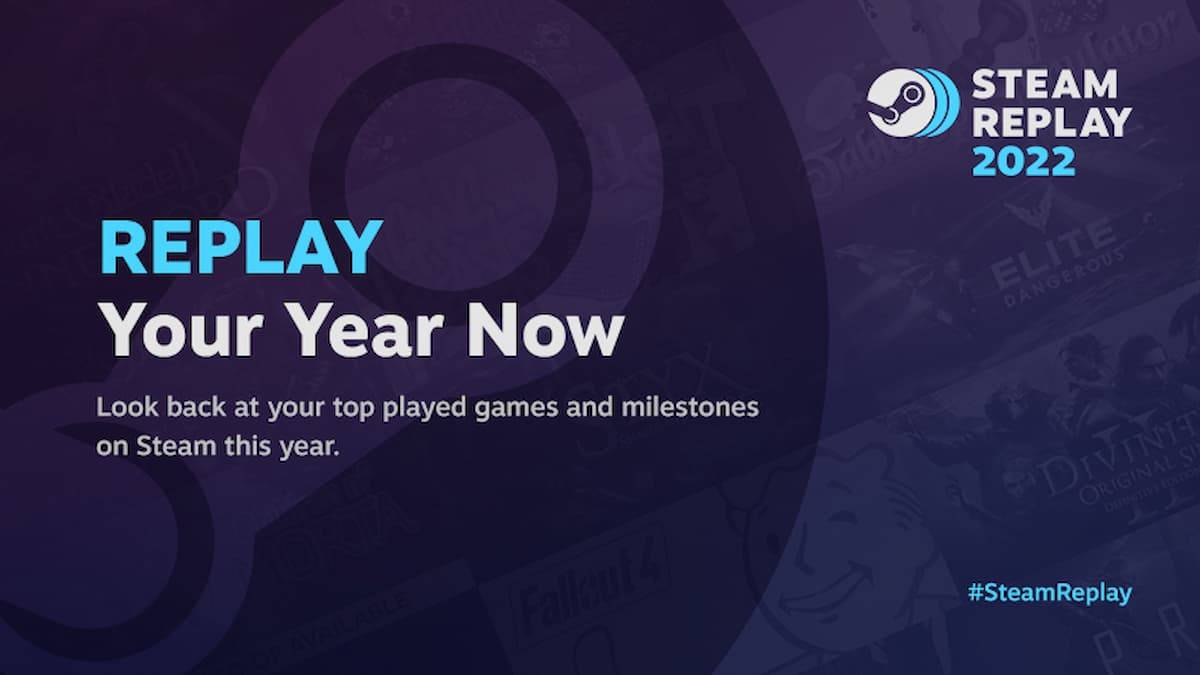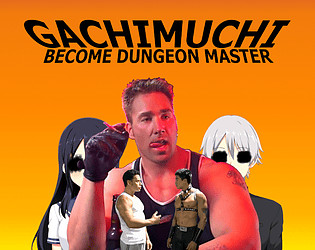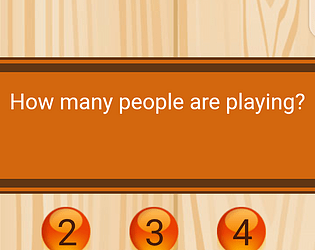In 2011, EA launched the Origin App, a digital storefront designed to allow PC gamers to browse and purchase EA's games directly, steering them away from Steam. A significant move during this period was making Origin a mandatory platform for playing Mass Effect 3 in 2012. Despite this, Origin struggled to gain traction among PC gamers, largely due to its cumbersome user experience and frustrating login processes. Despite persistent efforts by EA, the platform never really took off, leading to its eventual replacement by the equally clunky EA app.
The transition to the new EA app, however, is not without its challenges. For instance, if you own Titanfall on Origin and cannot access your account, you risk losing access to your games unless you formally switch your account to EA. Additionally, the EA app only supports 64-bit operating systems, leaving behind users on 32-bit systems. While this move might seem harsh, it's worth noting that even Steam dropped support for 32-bit OS in early 2024, affecting a small number of users still on these systems.
It's highly unlikely that anyone who has purchased a new PC or laptop, or built a custom gaming PC in the last five years, is running a 32-bit OS. However, Microsoft did sell 32-bit versions of Windows 10 until 2020. If you're using Windows 11, you're in the clear, as 64-bit support has been standard since Windows Vista, nearly two decades ago. You can check your system's compatibility by looking at your RAM; a 32-bit OS can only use up to 4GB. If you've accidentally installed a 32-bit version of Windows, you'll need to perform a complete system wipe and reinstall a 64-bit version of the OS.
While dropping support for 32-bit systems in 2024 isn't surprising, it raises concerns about digital ownership. Losing access to a library of games you've owned for years because of hardware changes is frustrating. Steam also isn't immune to this issue, as Valve has similarly dropped 32-bit support, leaving players unable to upgrade to modern systems at a disadvantage.
The rise of invasive digital DRM solutions like Denuvo adds another layer of complexity. These solutions often require deep kernel-level access to your PC or impose arbitrary installation limits, despite your purchase.
One solution to preserving a legitimately purchased digital library is to support platforms like GOG, run by CD Projekt. GOG offers a DRM-free experience, allowing you to own and run games on any supported hardware indefinitely after purchase. While this model opens up the risk of software piracy, it hasn't deterred developers from releasing new titles on the platform, with the upcoming RPG Kingdom Come: Deliverance 2 slated to be available soon on GOG.








